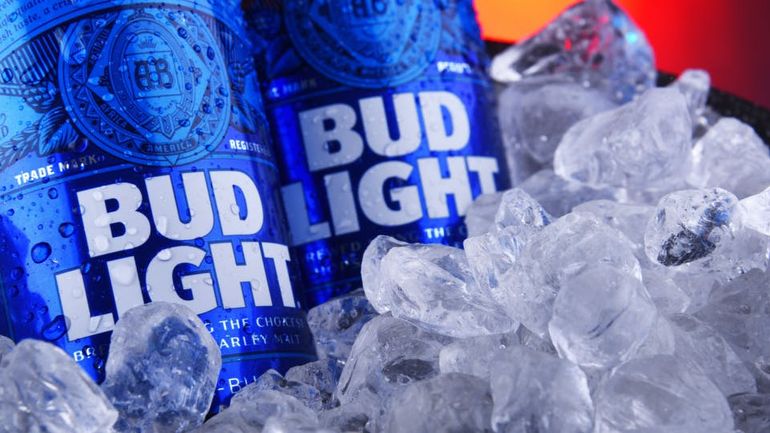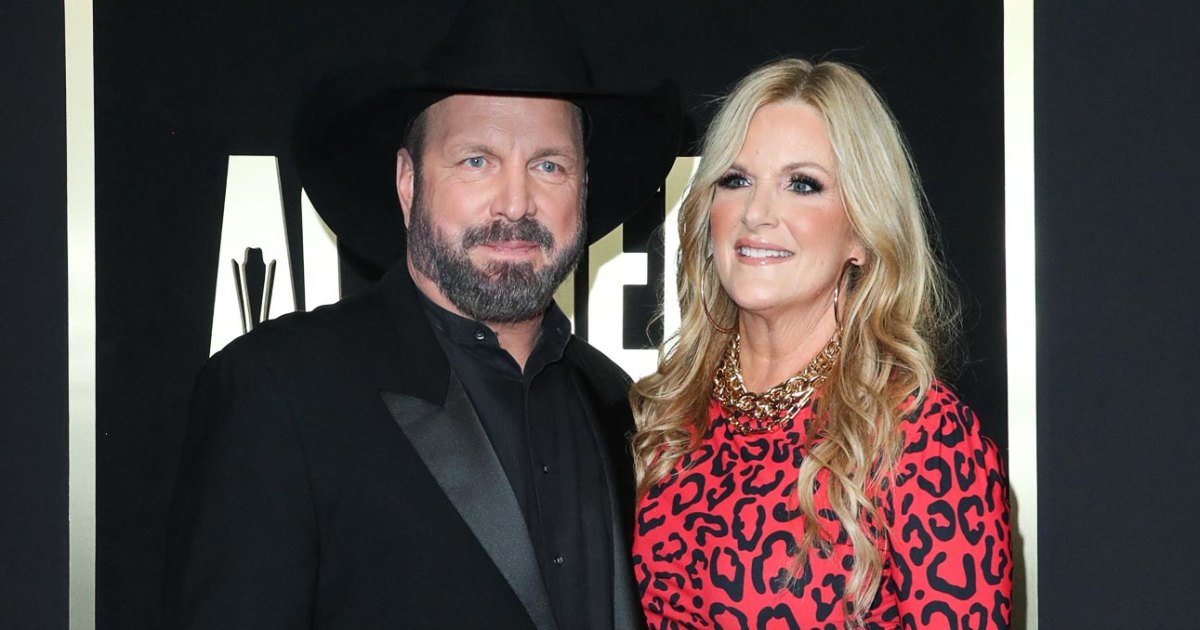
AB InBev Faces Challenges as Bud Light Hampers Growth in 2023

AB InBev experienced a significant 15.3% decline in volume sales in North America during the last quarter of the year, largely attributed to Bud Light. This decline comes six months after a boycott of the brand, highlighting the ongoing challenges for the company.
Source: Shutterstock
AB InBev's financial performance in the past year has been negatively affected by falling volumes of Bud Light in the US, as the boycott from last year continues to impact its bottom line.
In the final quarter of 2023, AB InBev experienced a 15.3% year-over-year decline in beer volumes in North America. The company attributed this volume decline mainly to the poor performance of Bud Light.
Bud Light has experienced a decrease in volumes in the US starting in April, following a short-lived social media collaboration with transgender influencer Dylan Mulvaney, which led to a boycott by certain conservative consumers.
AB InBev has since made efforts to separate itself from the controversy, with CEO Michel Doukeris emphasizing that it was limited to “one post” and expressing that their consumers simply want to savor their beer without engaging in debates.
It seems that AB InBev's attempts to distance itself from the incident in the US have not been successful. The volume decline reported in North America during the fourth quarter was even more significant than the 14% decline experienced in the immediate aftermath of the backlash.
Bud Light, the largest brand under AB InBev in the US, accounted for approximately one-sixth of its sales in 2022. Consequently, the repercussions of its declining volumes are reflected throughout the company's financial statements.
Doukeris informed investors today [29 February] that our full growth potential was limited by the performance of our US business, as the company unveiled its results for the 2023 financial year.
Throughout the year, there was a 9.5% decline in revenues in the US, with volumes in North America also dropping by 12.1% year-over-year.
AB InBev managed to achieve a 7.8% revenue growth to $59.38bn (£46.84bn) despite a decline in the US market. The increase was primarily driven by pricing strategies and a focus on premium products, although overall volumes decreased by 1.7%.
Acknowledging the challenges faced in the US, Doukeris praised the company's response to these difficulties. AB InBev increased investments in its brands, especially its "megabrands" and "megaplatforms," demonstrating a proactive approach to overcoming obstacles.
AB InBev categorizes its "megabrands" as its top-performing brands that fuel most of its growth. These brands are supported by its "megaplatforms," such as sports and music, which have broad consumer appeal. The company emphasized its sponsorship efforts in music festivals, award shows, and sports teams as examples of its strategic focus on these platforms.
In a recent announcement, AB InBev revealed that Corona Cero, the non-alcoholic version of one of its flagship brands, would be the first beer brand to globally sponsor the Olympic Games.
AB InBev remains optimistic about the future of the beer industry, despite facing challenges from the US and experiencing declining volumes in 2023. CEO Doukeris believes that the industry is still "big, profitable and growing."
The company is actively contributing to the growth of the beer category by introducing beer to new occasions and consumers. AB InBev's non-alcoholic portfolio, which includes brands like Corona Cero and Budweiser Zero, continues to surpass the performance of its total business.
The business also claimed its brand, pack and liquid innovation is driving beer consumption among female consumers.













